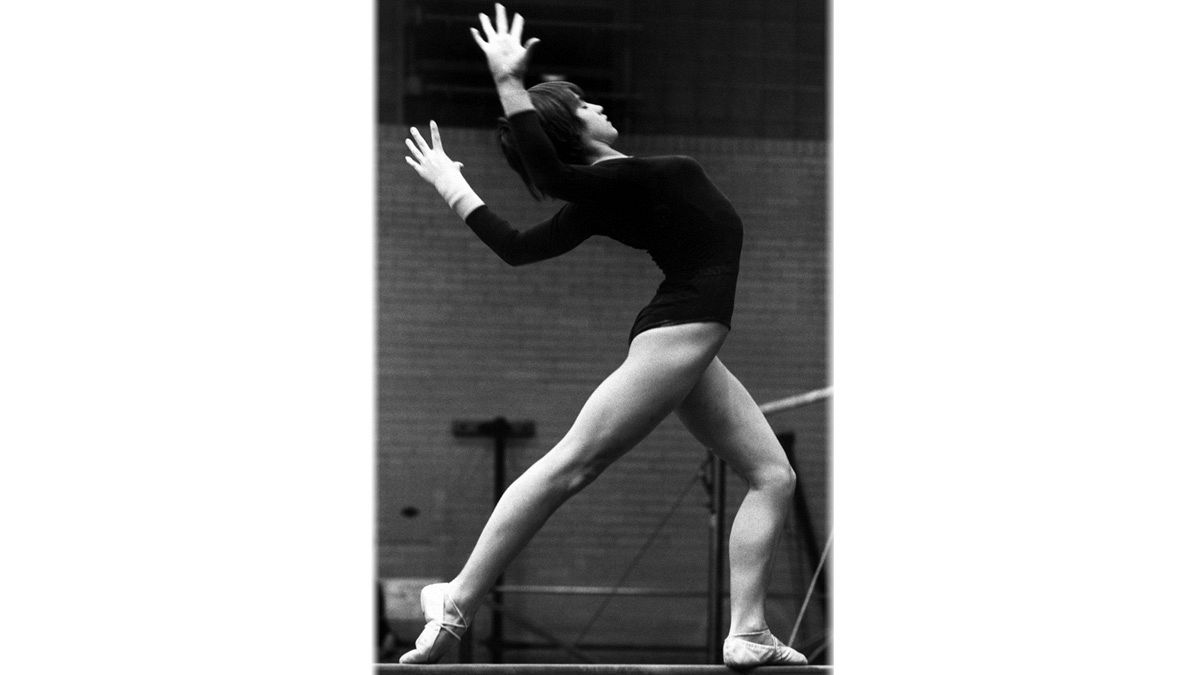MEXICO CITY 1968: Records vanish into thin air
For the first, and so far only time the Games were held at high altitude in the Mexican capital. The thinner air at these altitudes was an advantage to any athletes involved in sprinting, throwing and jumping. The best example of this came in the Long Jump, when Bob Beamon of the US spent six seconds in the air, leaping 8.90 metres, a whopping 55 cm further than the world record. It would take until 1991 for this distance to be surpassed in the event.
Another jumper to attract attention was Dick Fosbury in the High Jump. His technique was radically different at the time (competitors usually rolled over the bar face down) and although highly amusing for the crowd it proved effective as Fosbury won Gold. His ‘Fosbury Flop’ is now the preferred technique of all High Jumpers. World records also fell in the Triple Jump and in all the men’s track events up to 400 metres.
The Mexico City Games are remembered by many for the ‘Black Power Salute’ given on the podium by African-American sprinters Tommie Smith and John Carlos. Australian Peter Norman, who won Silver, wore a human rights badge in support of their gesture. Smith and Carlos were banned from the Olympics for life for what they did.
The “Fosbury Flop”
Bob Beamon’s world record long jump

John Carlos, 2011 (Photo by Joe Mabel, find more on en.wikipedia.org)
MUNICH 1972 Terrorism rocks the Games
The Munich Olympics saw the Games return to Germany for the first time since the Nazi era in 1936 and organizers were keen to present a happy and democratic image to the world. Their hopes were destroyed by the Palestinian terrorist group Black September. Eight members of the group broke into the Olympic village and took nine members of the Israeli delegation hostage.
18 hours later, all nine Israelis had been shot dead along with five of the terrorists and one German police officer. Despite the massacre, the Games resumed. One of the highlights in sporting terms came in the swimming pool where American Mark Spitz took seven Golds and broke seven World Records (as well as another World Record for the number of Golds won). And in the gymnastics hall, Olga Korbut of the USSR stunned the audience with a breathtaking performance on the Uneven Bars (see video).
In many ways, Korbut extended the popularity of the sport and her daring style was to be developed further by other gymnasts in later years.
Mark Spitz, Munich 1972 Olympics
Olga Korbut performs on the Uneven Bars
MONTREAL 1976 Comaneci’s Perfect 10
The Montreal Games got off to a controversial start when 22 African countries boycotted the event in protest at New Zealand’s participation. Earlier that year New Zealand had sent its rugby team to play in South Africa, then under apartheid. The star of the ’76 Olympics was 14-year-old Romanian Nadia Comaneci, who became the first gymnast to score a perfect 10.00, something she did seven times at the Games.
The electric scoreboard was not designed to fit four figures, so showed just 1.00. Another heroic effort came from Japanese gymnast Shun Fujimoto, who helped his team to Gold despite having to perform on the rings with a broken leg.
In financial terms the Games were a disaster and Montreal racked up 30 years worth of debts. This prompted the International Olympic Committee to seriously review the Olympic business model in order to return it to profit.
Nadia Comaneci – First perfect ten in history
Shun Fujimoto – An amazing gymnast
Nadia Comaneci photo by Dave Gilbert
